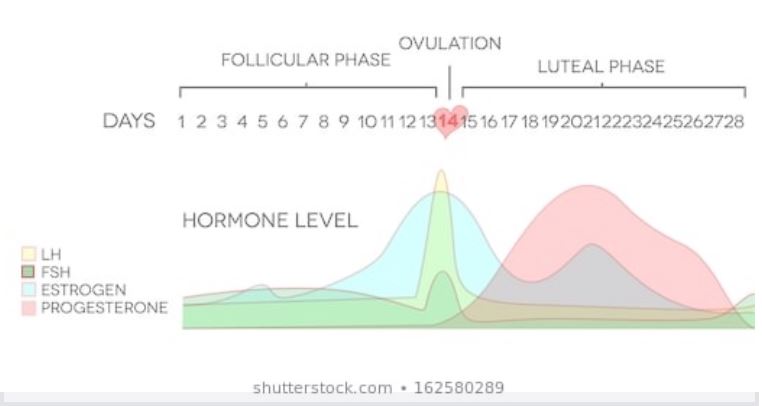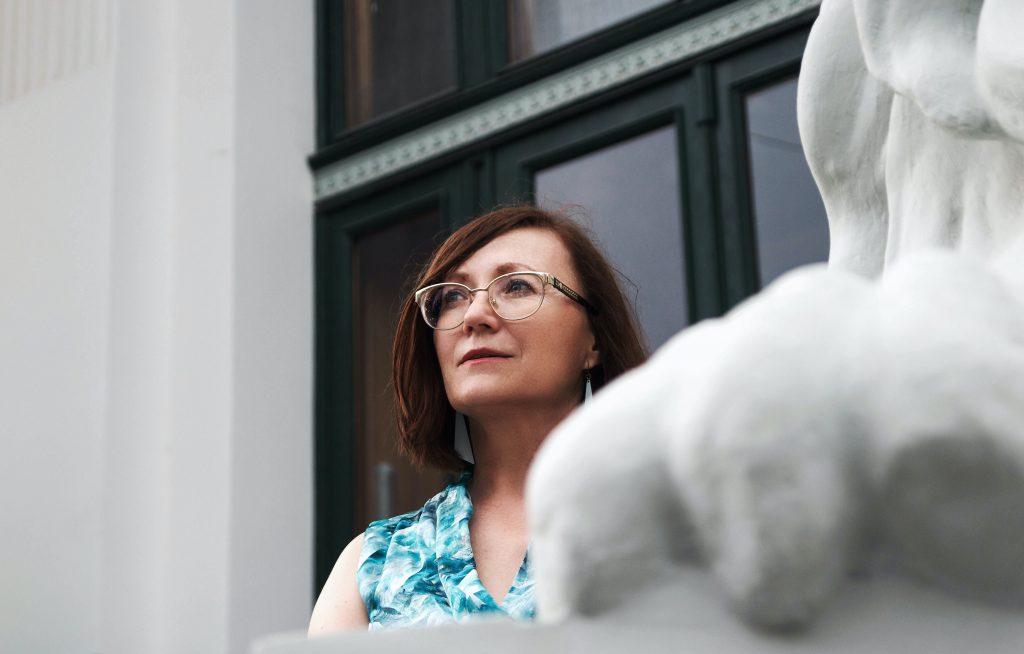Menopause is the name given to the time of life after a woman’s menstrual cycle stops and she no longer has periods and can no longer have children.
(Having said this, is is possible for women who have gone through menopause to have a child via IVF but this will not be discussed here.)
A woman is considered to be officially “post menopausal” when her periods have stopped and it is a full 12 months since the last period.
Perimenopause
The time leading up to the last period is known as “perimenopause”. This usually lasts around 2 years. At this time, periods start to become erratic: they may be shorter, closer together, heavier, or further apart. Women may also report increased anxiety, mood changes, hot flushes. Changes in vaginal comfort may occur ie dryness and less elasticity leading to discomfort. Connective tissue is strongly affected by decrease in oestrogen so women may notice less skin elasticity throughout the body and for pelvic health physios, lack of elasticity in pelvic floor leads to increase in incontinence symptoms. Some women sail through and have no symptoms at all. Some women have a lot of symptoms which seem to go on for many years.
Perimenopause, leading to menopause will occur typically, somewhere between the ages of 45 years to 55 years and there is thought that there is a genetic link regarding when you might go through menopause…so ask your mother if you can, or even a grandmother when they went through menopause to give you some idea.
TO UNDERSTAND MENOPAUSE, LETS REVISE THE NORMAL HORMONAL CYCLE:
The hormones that drive the female menstrual cycle are: FSH = Follicle Stimulating Hormone, LH = Luteinizing Hormone, Oestrogen and Progesterone. Follicle stimulating Hormone causes the follicles within the ovary to produce oestrogen. The oestrogen builds up in the first half of the monthly reaching a peak mid cycle. At this peak of oestrogen production, Luteinizing Hormone (LH) causes an egg to mature and be released from the ovary. This is ovulation. Oestrogen then falls and Follicle Stimulating Hormone rises again repeating the cycle. After ovulation and drop in Oestrogen, Progesterone takes over to prepare the uterus for a possible pregnancy. If no pregnancy, the uterus lining is shed and the cycle continues.
Interestingly, the factor that tells us whether a women is perimenopausal is actually measurement of Follicle Stimulating Hormone. This hormone goes up as it desperately tries to produced more eggs when the egg quality later in life is deteriorating.

So most women will be warned not to be complacent with contraception until it is a good 12 months since their last period!
Oestrogen and Progesterone fluctuate according to menstrual cycle but during perimenopause, they will fluctuate against each other with each being responsible for very distinct and fluctuating symptoms as mentioned above. This makes this time a roller coaster for some, and for others, it doesn’t seem to be a problem at all. But there again, some women suffer all their life with menstrual problems and others none…..There is SO MUCH that we DON’T know about women’s hormones……..suffice to say, the body has around 400 oestrogen receptors throughout the body which are all responsive to oestrogen. Then after menopause, we have tiny levels of oestrogen and progesterone. In fact, men also have oestrogen and progesterone in their bodies (like women also have testosterone), and after menopause, men have more of these hormones than women!
But woman do still have a type of oestrogen after menopause: it is called Estrone. It gives some bone protection for example. It is made in body fat hence the link with obesity and incidence of oestrogen driven cancers.
Menopause is a huge topic. I will endeavour to cover other aspects of Menopause in coming blogs. There is a tendency to read about these symptoms and facts and think it all paints a gloomy picture. But remember, many women feel fantastic in this new stage of life and there are Hormone Replacement Therapies and natural diet options to consider to boost hormone profile if needed. So watch this space for more information in coming weeks as we talk more about this inevitable stage of life for all women.
For more information head to;
The Australian Menopause Society www.menopause.org.au
Jean Hailes Centre www.jeanhailes.org.au



